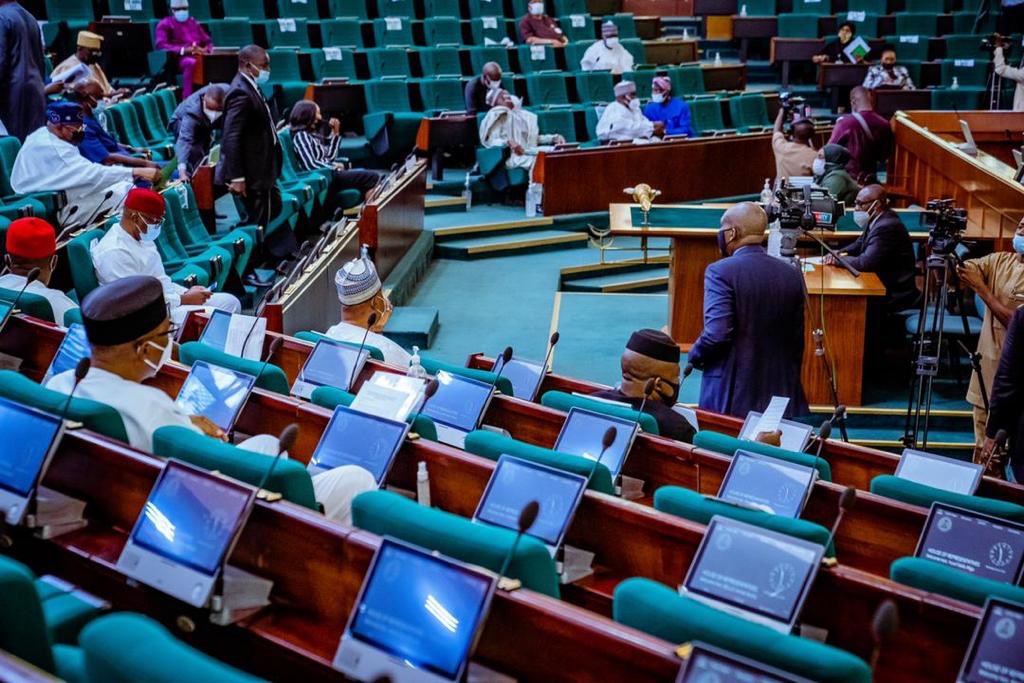
Maritime stakeholders have expressed divergent views over the proposed Nigeria Revenue Service Bill, which seeks to consolidate revenue collection under a single window system. While some urging caution over potential disruptions to sector-specific operations, others express strong support for its promise of transparency and efficiency in revenue collection.
Recall that the Federal Government had proposed the establishment of a new entity, the Nigeria Revenue Service, to handle all revenue collection tasks. These reforms will streamline the collection of direct taxes and levies, preventing some agencies from continuing their revenue collection functions. They include: Nigeria Customs Service (NCS), Nigerian Maritime and Administration and Safety Agency (NIMASA), Nigeria Ports Authority (NPA) and others.
Further details revealed that the President forwarded four executive bills to the National Assembly recently, seeking to implement these reforms. The key bill, the Nigeria Revenue Service (Establishment) Bill, proposes renaming the Federal Inland Revenue Service (FIRS) and granting the new agency the responsibility of assessing, collecting, and accounting for all government revenue.
However, speaking with Shipping Position Daily last week, Chief Executive Officer of the Centre for the Promotion of Private Enterprise (CPPE) Dr. Muda Yusuf called for caution regarding the bill, stressing that handling the consolidation of revenue collection requires specialized knowledge. In his view, the bill could create more problems than it solves if not carefully managed.
Dr. Yusuf emphasized the complexity and specialized nature of revenue collection in sectors such as Customs, Aviation, and Maritime. He cautioned that any new processes or attempts to involve the Nigeria Revenue Service Bill directly in operations like customs duties collection could lead to unnecessary confusion and inefficiencies, if not handled properly.
The CPPE boss pointed out that current revenue collection processes in customs, aviation, and maritime require specific knowledge and experience, and deploying personnel from the revenue service to these areas, without such expertise could create more problems than solutions.
Dr. Yusuf advised against deploying personnel from the proposed Nigeria Revenue Service to various agencies without sufficient training or understanding of sector-specific operations. Instead, he suggested leveraging technology to upgrade the existing Treasury Single Account (TSA) framework, allowing revenue to flow directly to the appropriate accounts electronically, thus minimizing disruption.
“It is not just about collecting money like a cashier. For customs, for example, you need to know the Harmonized System code and have a good understanding of valuation, before you can determine the import duties.
“My view is that you should just upgrade what you are doing with the TSA, make sure that revenues flow directly, electronically, to wherever you want it to go, in order to minimize the disruption of existing structures.” Dr Muda noted.
On the other hand, chieftain of the Importers Association of Nigeria (IMAN), Ayopade Omolale, threw his full support behind the initiative, believing it will reduce the duplication of duties across agencies and bring greater transparency to revenue collection.
Speaking in favor of the bill, Omolale stated the proposed agency will streamline revenue collection into a single window system, emphasizing that this move would not only increase accountability and transparency, but also reduce the duplication of duties across various agencies involved in revenue generation.
While some have expressed concerns that consolidating revenue collection could open up new avenues for corruption, Omolale disagreed, arguing that the single window collection system would actually make corruption more difficult, as all transactions would be monitored more closely, with revenues paid directly into the federal government’s account.
“Most of these agencies were created to serve the same purpose of revenue generation and if the federal government creates just one agency to handle revenue collection, it will improve accountability, credibility, and transparency. Everyone will be able to see how much revenue is being generated and how it is being used.
“The best way to reduce corruption is by ensuring that there’s only one account where all revenues are paid. When the government makes it public and informs all Nigerians that revenues will be collected by one body, it becomes easier to monitor and much harder to create loopholes for corruption.” Omolale argued.
When contacted, the Managing Director/Chief Executive Officer of Financial Derivatives Company Limited, Mr Bismarck Rewane emphasized the need for a thorough review of the bill before any further steps are taken.
In his words: “The issue about Nigeria Revenue Service is a proposal and we have to get back to that,” Rewane remarked, signaling that key aspects of the bill may require additional scrutiny.















